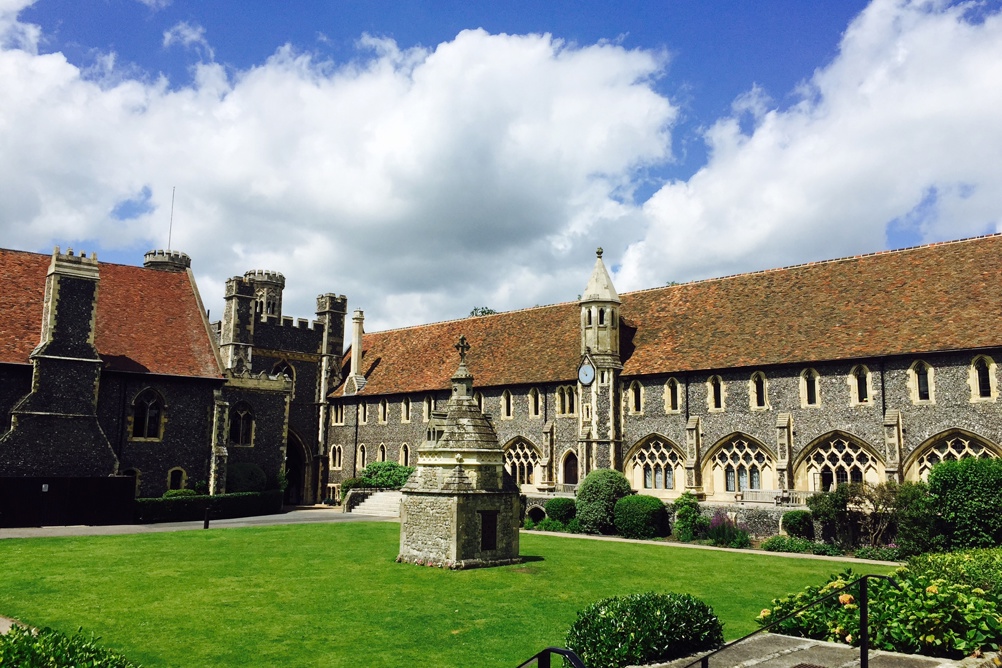
The Government has won the legal case to impose VAT on private school fees.
After the announcement of the tax under Sections 47-49 of the Finance Act 2025, three separate but linked claims were brought against the Exchequer.
A hearing was held in March and April 2025. Today, the Divisional Court – Dame Victoria Sharp (President of the King’s Bench Division), Lord Justice Newey, and Mr Justice Chamberlain – dismissed all three claims.
The core of the action, brought on behalf of parents, concerned alleged breaches of the European Convention on Human Rights and the Human Rights Act 1998. These alleged breaches were under Article 2 of the First Protocol (A2P1) stating the right to education on its own and read together with the prohibition of discrimination, and Article 1 of the First Protocol (A1P1) stating the right to property.
The basis of the Court’s decision was that the case law of the European Court of Human Rights (the Strasbourg Court) makes clear that states have a broad margin of discretion in this sphere, subject to a requirement that any regulation should not ‘impair the very essence of the right’. The imposing of a tax does not ‘impair the very essence of the right’, even if the result is an increase in fees.
The UK meets the minimum requirements of A2P1 in providing free mainstream state education available to all. The Government is not obligated ‘to establish at their own expense or subsidise education of any particular type or at any particular level’.
On the question of proportionality, the levy had been declared in the Labour Party’s election manifesto and debated in Parliament. The challenged measure ‘pursues the legitimate aims of raising revenue, ensuring fairness, protecting those with acute needs and minimising the administrative burden and the potential for abuse.’
In terms of breaching A1P1, under the terms of which schools claimed that it would affect their business revenues, ‘it is not enough that the challenged measures make it more difficult for some customers to continue to purchase the relevant services.’ Regarding the parents, ‘not every decision to impose tax gives rise to a deprivation or interference with the possessions of the person who will end up paying it. None of the parents in this case are obliged to continue to send their children to private schools, and it is therefore doubtful whether the challenged measure interferes with a “possession” of theirs.’
The full judgment can be found here.




